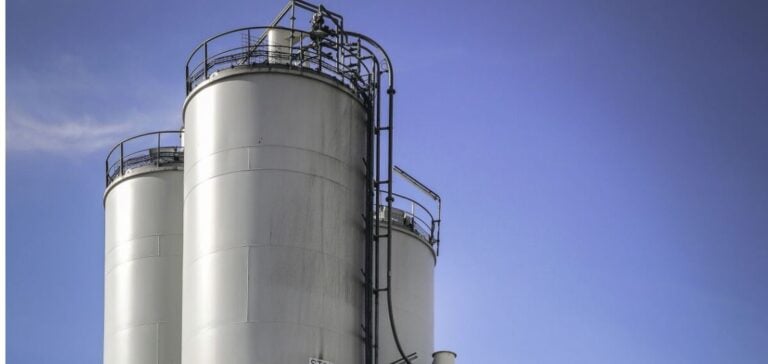The EIB and Cepsa recently signed a €285 million loan agreement for the construction of an advanced biofuels plant near the “La Rábida Energy Park” in Palos de la Frontera, Andalusia. In collaboration with Bio-Oils, Cepsa plans toproduce sustainable aviation fuel (SAF) and renewable diesel (HVO) from organic waste, such as used cooking oil and agricultural residues. The aim is to transform up to 600,000 tonnes of waste into 500,000 tonnes of second-generation biofuels per year. This plant will serve sectors that are difficult to decarbonize, such as aviation, shipping and heavy road transport. These biofuels offer an immediate solution for reducing CO2 emissions, without requiring modifications to existing engines.
Economic and social impact
The project, carried out entirely in Andalusia, a cohesion region where per capita income is below the EU average, is expected to stimulate the local economy by promoting growth and job creation. By supporting private companies like Cepsa, the EIB is promoting the energy transition even in sectors that are difficult to break down. This financing is also part of the InvestEU program, which aims to mobilize over €372 billion in additional investment between 2021 and 2027. Maarten Wetselaar, CEO of Cepsa, expressed his gratitude to the EIB, stressing that this project is essential to the company’s Positive Motion strategy and to the energy independence of Spain and Europe.
Supporting the EU Energy Transition
This project contributes to the decarbonization objectives of the European Green Deal and is part of the EIB’s action plan to support REPowerEU, which aims to guarantee energy security and reduce the EU’s dependence on imported fossil fuels. In 2023, the EIB Group has allocated over 21 billion euros for energy security in Europe, including 4.5 billion euros in Spain for projects in renewable energies, energy efficiency, power grids and storage systems. In July 2023, the EIB’s Board of Directors increased funding for REPowerEU projects to €45 billion, aiming to mobilize over €150 billion of investment in strategic zero net carbon technologies. Cepsa and Bio-Oils’ investment in this new biofuels plant represents a significant step towards the decarbonization of various industrial sectors. By supporting initiatives like this one, the EIB and the InvestEU program are promoting a more sustainable economy that is less dependent on fossil fuels. The success of this project could serve as a model for other regions and industries across Europe, reinforcing the transition to cleaner, greener energy.






















